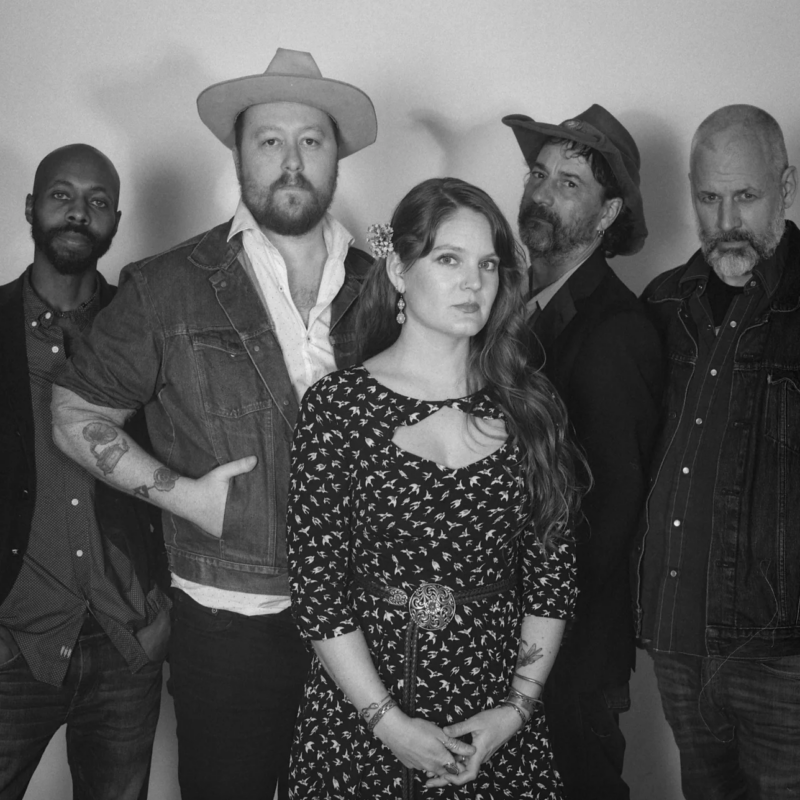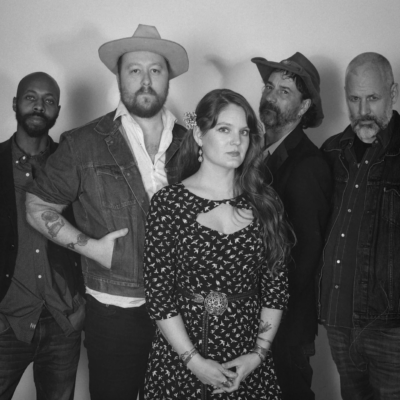What’s truly amazing about Watchmen, the much-anticipated film version of writer Alan Moore and illustrator Dave Gibbons’ much-adored graphic novel, is how forcefully the movie negates the book’s two most basic, strangely symbiotic intentions. Instead of subverting superhero tropes and satirizing Cold War endgames, it blandly and reflexively endorses them.
|
Human after all: The superheroes at the heart of Watchmen do a bit of old-fashioned snooping to solve a murder mystery. |
No wonder Moore wanted his name off of this thing; it registers his most interesting preoccupations—the vanity of heroism, the absoluteness of power corrupting, the historically possible Doomsday—only glibly, with indulgently cartoonish brutality. Ah, but perhaps, like the annihilation portended by the congress of human nature and atomic understanding, such a fate was grimly inevitable.
There has been the notion, installed by its creators upon Watchmen’s first publication by DC Comics in 1986, that the movies just didn’t have it in them to get this story right. Let it be said that the efforts of screenwriters David Hayter and Alex Tse and director Zack Snyder tend to validate the notion. Calling Watchmen “unfilmable” wasn’t just about whether it was technically possible.
This movie still is very recognizably the odd, bleak, expansive, heady, campy, sometimes sleazy tale of costumed crusaders investigating the murder of one of their own against an alt-history backdrop (and, eventually, a few foreground plot points) of late-’80s U.S.-Soviet nuclear brinksmanship. And the casting, of Jackie Earle Haley, Billy Crudup, Patrick Wilson, Matthew Goode, Jeffrey Dean Morgan and Malin Ackerman, among others, at least doesn’t seem entirely wrong.
Crudup, on screen mostly in the computer-enhanced blue buff, tries to work with the inherent detachment of being a motion-captured special effect. Haley, as a masked, preposterously hard-boiled noir pulp anti-hero, does his Dirty Harriest with gravelly chunks of narration taken straight from the book (and probably best put back there immediately). Ackerman just lets herself look super-hot in latex. And so on. Everybody’s game, in his or her way. But the director appears to have them all on some kind of lockdown.
Snyder takes such pains to recreate panels from the book that he won’t even let the camera move naturally. But leering so intently within his borrowed compositions does them no favors. Similarly, maybe Watchmen wouldn’t have to rush through its story if so much of the damn thing weren’t shot in fetishizing slo-mo. Even its most dynamic moment, an inventively expository opening title sequence, soon bogs down in tedium and cliché.
Snyder’s right that control is important. It takes great willpower, for instance, to protect movies from their own oppressive literalness. Ultimately, the Watchmen screenwriters’ skills get lost in their battles with structure and rhythm, and Snyder’s skills seem less to do with literature and cinema than with taxidermy and ventriloquism. For all its meticulous stylization, the general aura given off by Watchmen is one of falsity. Practically everything in it—movements, moods, effects, blood, science, satire, the World Trade Center, boobs, character motivations, our interest—just feels fake.






